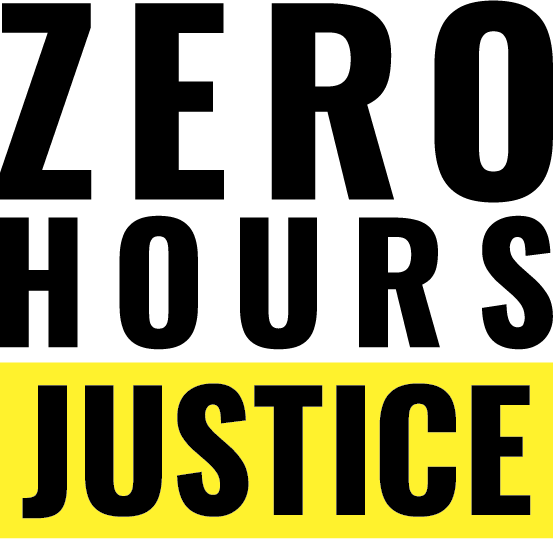|
By Pravin Jeyaraj
According to Office for National Statistics, between 2000 and 2012, the proportion of people in employment that were on zero hour contracts was less than 1%. In the early part of the millennium, the number of zero hours contracts actually fell, reaching a record low in 2004-2005, before increasing again. Last year, in the middle of a global pandemic, the number of people on zero hours contracts broke through the one million barrier. In the 2019 election, the Conservative Party's pledged to introduce an employment bill that would include the right to a more secure contract for zero hour workers. In an implicit criticism of the government's failure to meet this manifesto commitment, the leaders of the G7 engagement groups wrote in their letter to the prime minister that "this isn't the time for leadership in name only".
Comments are closed.
|
contactFor press enquiries or permission to reuse content, please contact: Archives
June 2024
CATEGORIES
All
|
|
Company No: 12417909 Registered Office: 38 Coney Street, York, Y01 9ND
|


 RSS Feed
RSS Feed


